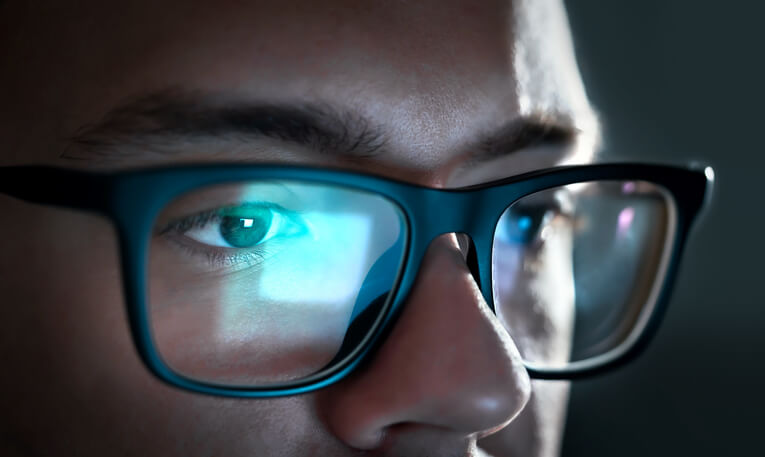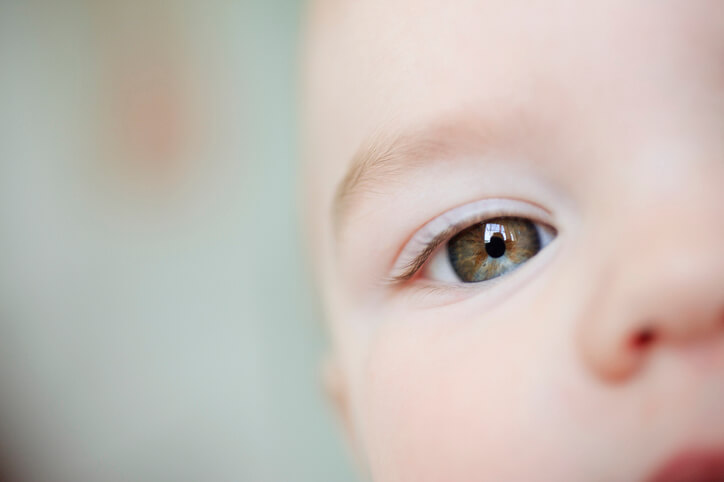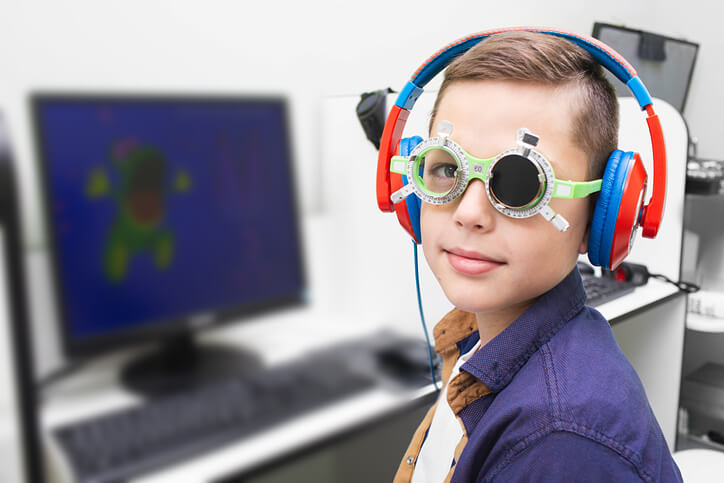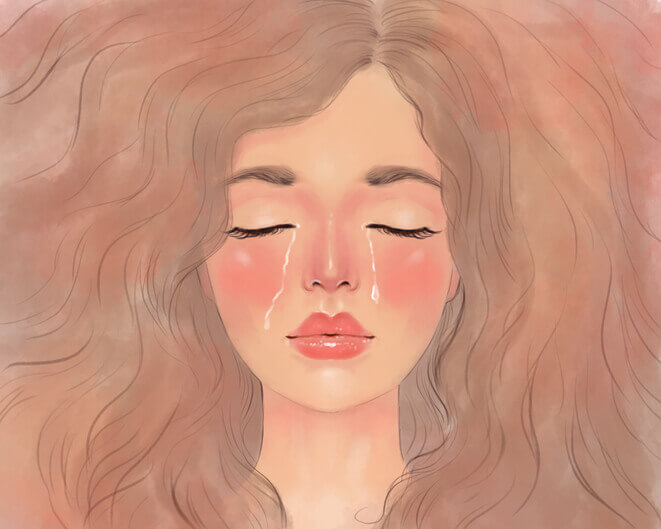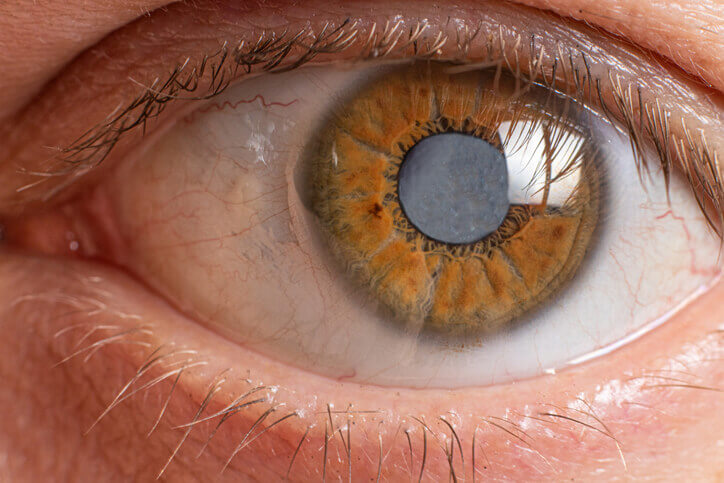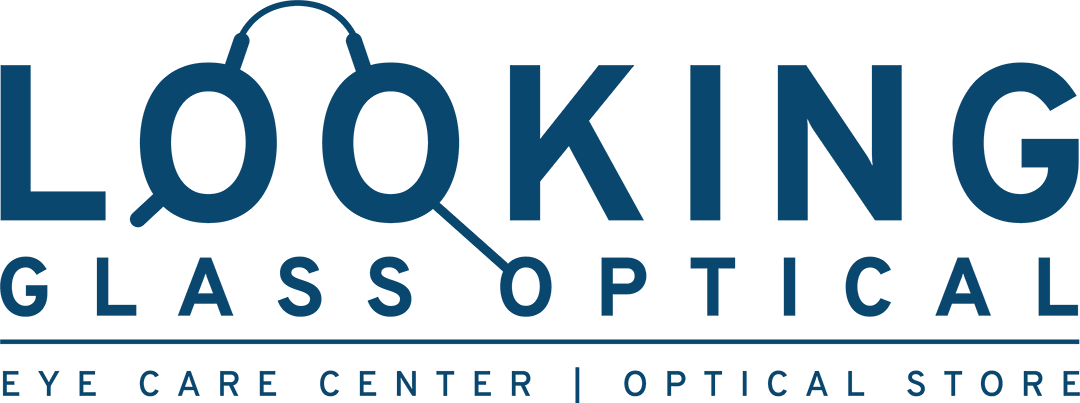Do you struggle with frequent headaches that relate to your vision? Migraines are one type of headache that can hit behind the eyes and cause vision changes. An ocular migraine is a specific type of headache with unique symptoms that affect your field of vision. Learn more about these migraines and how to prevent them in this short guide!
Read more →There’s a reason why your parents told you not to sit too close to the TV screen. When most of your day consists of looking at digital screens, like televisions, computers, and cellphones, it takes a real toll on your eyes. Computer vision syndrome, or digital eye strain, is a condition in which you may experience headaches, dry eyes, blurred vision, and shoulder pain from constantly looking at digital screens. The condition can wreak havoc on your quality of life and cause several uncomfortable symptoms. Read on for a few ways to prevent digital eye strain so you can keep your peace of mind.
Read more →Seeing your little one discover the new world around them and begin to recognize familiar faces is exciting. Like everything else, a baby’s vision is delicate and developing quickly, and you want to protect it as much as possible. The first step to protecting your infant’s vision health is understanding the way that baby vision development works. This article will outline the five most important facts to know about baby vision development and how you can support it. Read on to learn more.
Read more →There’s never a “good time” for an eye care emergency to arise. But when you’re booking travel, it can be especially nerve-wracking if you wear glasses or contacts. Whether you’re going away for a cruise or heading off for an important business trip, it is important to prepare your eye care. With that in mind, we’ve prepared a quick guide to prepping and packing for vision care on a trip.
Read more →Amblyopia is the technical term for a condition that most parents know as “lazy eye.” This condition is one of the most common eye problems, with amblyopia in kids affecting nearly one out of every hundred children. As a parent, you might not understand what lazy eye is, how it affects kids, why it happens, or what you can do about it. Here are some of the things that you might need to know!
Read more →Your cardiovascular system is definitely a contender as one of the most important systems in your body. Cardiovascular health affects every aspect of your life, but did you know that there’s a clear connection between heart health and eyes? Early warning signs in your eyes could let you know about potential heart issues sooner. Here are some of the top things to watch for!
Read more →Some amount of deterioration is expected as we age. It’s normal to lose bone density and muscle mass as well as have some sagging and wrinkles. You might not be able to stay up all night and function the next day as you did in your youth, or you might have to give up spicy foods. Unfortunately, some sensory deterioration is also expected. That said, there are things you can do to maintain bone and muscle strength and minimize the progression of lines and wrinkles, and in many cases, you can also stave off vision loss as you age. According to the National Eye Institute, a division of the National Institutes of Health (NIH), the risk for eye disease increases with age, but there are steps you can take to prevent vision loss. The first thing you need to do is understand the most common eye issues related to aging.
Read more →Picture yourself enjoying a day outdoors, lounging in the sun, or playing with your dog. Suddenly, a strong wind comes, and some debris makes its way into your eyes. You blink, and they begin to water. While you went to remove the debris from your eye, your eyes themselves began the process immediately, thanks to tear production. Tear production is one of the most basic functions of your organs of sight, and it occurs for an important reason.
Read more →Your eyes deserve the same attention as the rest of your body. Pay your local optometrist an annual visit just like you do with your primary physician. If you don’t, there may be severe consequences for your health. Most common eye problems can be avoided through prevention and early detection.
Read more →Headaches are among the most common disorders of the nervous system in our body. Just about everyone has experienced their head hurting at least once in their life. But did you know that headaches and eyes are often intertwined? This is because most headaches you experience occur in the regions behind the eyes. If you feel pain in these regions, it might be a specific type of headache that requires certain treatment.
Read more →

